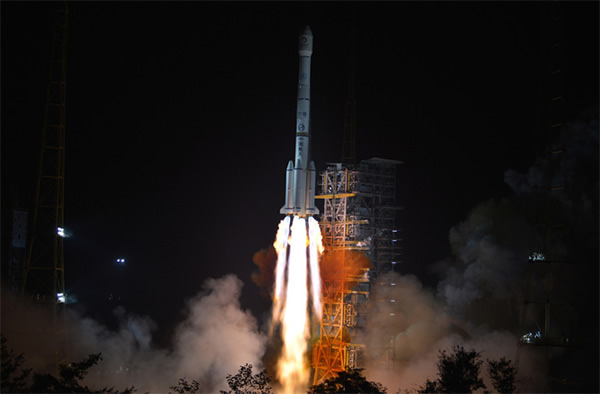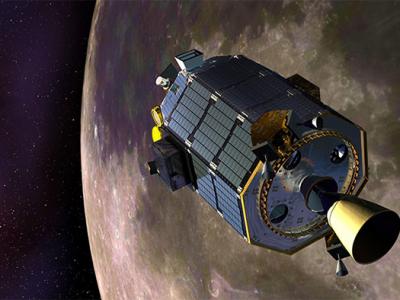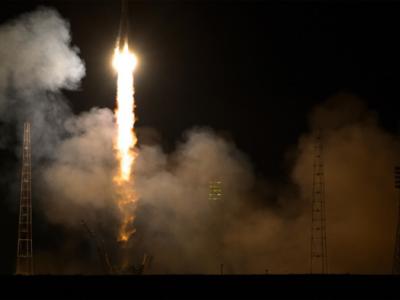Is China About to Scoop the Google Lunar XPRIZE?
A Long March-3B rocket carrying China's Chang'e-3 lunar rover launched from the Xichang Satellite Launch Center on Dec. 2, 2013 in Xichang, China. The lunar probe is now in moon orbit.
A $30 million Google-backed competition to land a spacecraft on the moon may be about to be scooped. China’s Chang’e 3 probe successfully put itself into lunar orbit on Friday in preparation for an attempted touchdown around Dec. 14.
China won’t be winning the prize money, which is reserved for privately funded, previously enrolled teams, not government agencies.
The contest, which was unveiled in 2007, was open to teams worldwide and at one time did include a group from China, but they dropped out, said Alexandra Hall, program director with the X Prize Foundation, which is running the competition.
Twenty million dollars is in the offing for the first X Prize team that successfully lands a robotic spacecraft on the moon, travels at least 500 meters above, below or on the lunar surface and transits two broadcasts back to Earth before Dec. 31, 2015.
Getting there second is worth $5 million. There also are $4 million in potential bonus prizes for teams that hit some specific milestones, such as finding water, surviving the lunar night or making a precision landing near an Apollo or other historic site.
Not counting probes that crashed into the moon (deliberately, such as NASA’s water-hunting LCROSS impactor, or otherwise), the last landing on the lunar surface was in 1976 when the former Soviet Union’s Luna 24 spacecraft touched down to drill out some soil samples and fly them back to Earth.
So far, only the United States and the Soviet Union have pulled off moon landings, but that may be about to change. In mid-December China aims to land a rover, known as “Yutu” -- Chinese for “Jade Rabbit” -- in an area known as the Sea of Rainbows.
With radioactive-laced heaters to ward off the deadly cold of lunar night, Yutu is designed to spend up to about three months driving around the surface of the moon, taking pictures and operating a range of science instruments.
“Of course it would have been exciting to have the first return to the moon be a private one. I think that would give the whole private space industry a boost. But I don’t think that anyone is seriously comparing what a nation like the Chinese can spend on something to what a small, private company is doing and saying ‘Bad on you, private company, for not getting there in time.’ It isn’t apples-to-apples,” Hall told Discovery News.
“I do think this will shine a positive spotlight back on the moon and allow the teams to really tell their stories of what they’re doing in order to get back to the moon and why it’s valuable,” Hall said.
“I don’t think there is anything negative coming from this,” she added.
A recent update in the teams’ legal agreement with the X Prize Foundation removed a $5 million penalty if a government entity got to the surface of the moon first, but Hall said that had nothing to do with China’s lunar ambitions.
The decision to drop the penalty was made two years ago, but the due to administrative reasons the foundation waited until September for to make the change, along with the addition of new milestone prize offerings, Hall said.
“We’re actually really excited to be watching the Chinese right now. I can only imagine the emotion, the stress that they must be going through. Landing on the moon is a really tough thing to do.
“The emotions that they are probably going through right are those that our teams very much want to experience,” she added.(Dec 8, 2013 05:38 AM ET // by Irene Klotz)












